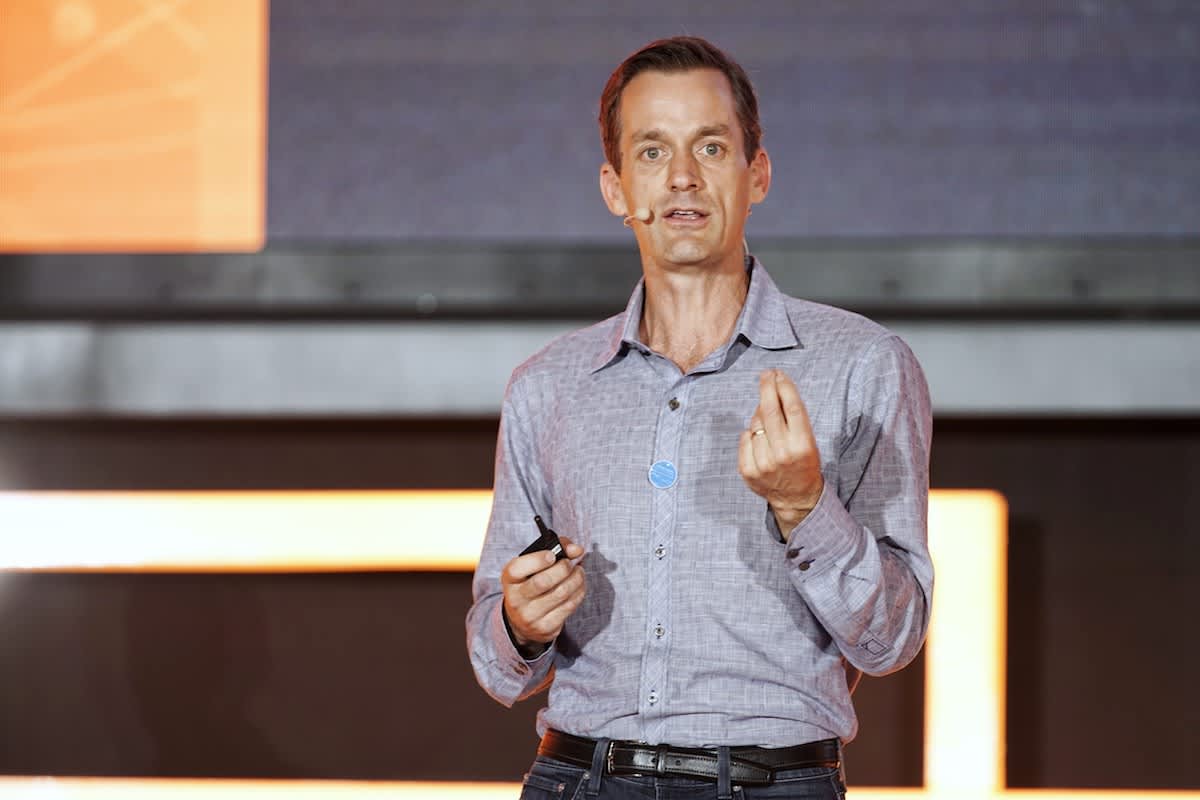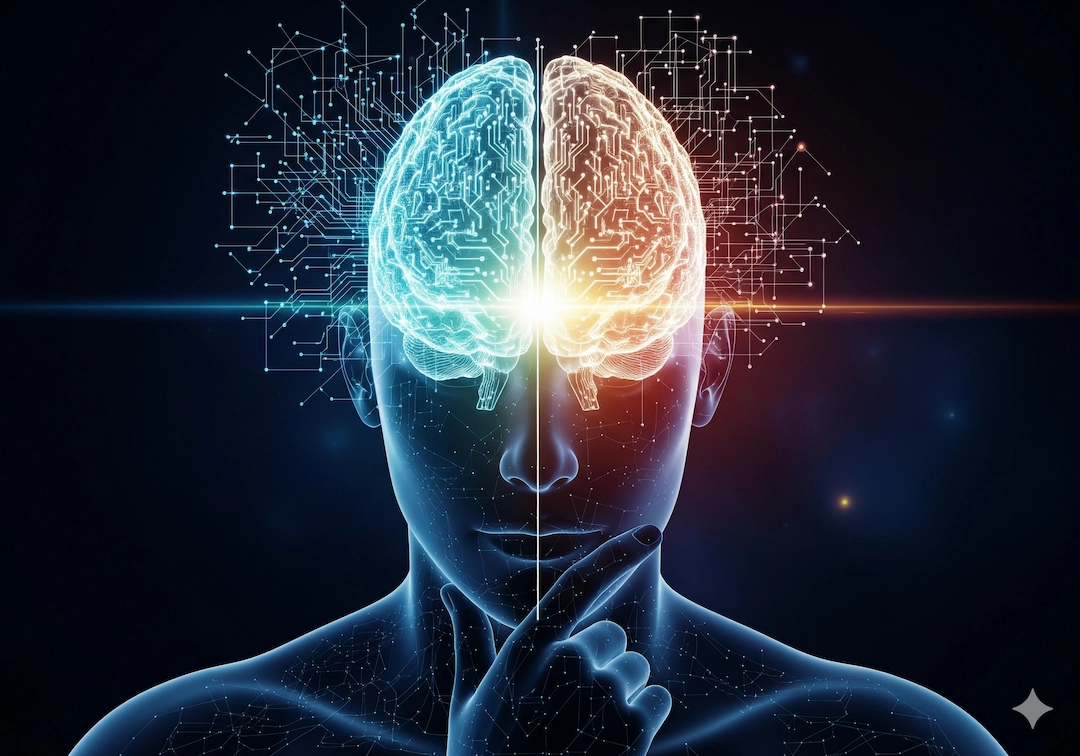GloNews10

Google DeepMind’s chief scientist Jeff Dean stirred the tech world today by asserting that artificial intelligence models now surpass the average human in most non-physical tasks. Speaking on the Moonshot Podcast, Dean emphasized that while these systems may not rival human experts, they are “pretty reasonable at most things” humans struggle with—especially unfamiliar tasks.
UN Report: Renewable Energy Hits Global Tipping Point in 2025

Dean explained that humans often struggle with novel tasks they’ve never seen before. In contrast, modern AI systems can approach these tasks systematically, drawing from vast training and adaptability. While they falter on tasks requiring expert judgment, they exhibit impressive performance across a broad range of everyday challenges.
AI isn’t just catching up-it’s accelerating human discovery. Dean noted that AI systems are likely already close to outperforming humans in certain domains, particularly in computational research and engineering design, where automation and machine-driven search can speed breakthrough.
The distinction is critical: surpassing average human ability doesn’t equate to expert-level mastery. Dean was crystal clear: AI systems still fail in numerous areas and are far from being superior across the board. However, their breadth of application is growing—a key asset.
While his boss—DeepMind CEO Demis Hassabis—is optimistic about AGI arriving within 5–10 years, Dean chooses caution. He rejects broad AGI labels, citing varied definitions and immense technical gaps. This careful stance highlights both promise and responsibility in the AI narrative. Moneycontrol
Jeff Dean’s declaration marks a pivotal moment. AI is no longer a futuristic dream—it’s outperforming average human performance today. While not flawless, these systems are reshaping how society works, learns, and innovates.